What is Poly Impairment?
Poly Impairment is a term that refers to using multiple drugs (alcohol is a drug) or being in physical states that can weaken the body. For example, the mixture of alcohol, prescription, over-the-counter, or illegal drugs. Or physical ailments such as being sick, having a disease, poor mental health, not getting enough sleep, and poor diet combined with drinking. Determining poly impairment becomes exponentially difficult since most bartenders and wait staff don’t have access to such personal information. Understanding the potential for heightened adverse effects and unpredictable interactions can help bartenders make informed decisions to ensure the safety of you, the customer, other customers, and the business. Customers should be encouraged to consult their healthcare provider or pharmacist for valuable guidance on avoiding poly impairment and understanding its potential risks.
Why Mixing Medications with Alcohol is Dangerous
When it comes to the interaction between medications and alcohol, it’s not just about the individual effects of each substance. Mixing certain medications with alcohol can lead to a dangerous combination known as poly impairment. Making all medications potentially dangerous when combined with alcohol. In this situation, the combined effects of multiple substances result in heightened impairment and potentially risky outcomes. This is because medication mixed with alcohol can cause one of three interactions: amplification, depression, or cancellation. This becomes especially prevalent in states where marijuana is legalized, during cold/flu season, or if there is an opioid epidemic in your area. This article sheds light on poly impairment and the importance of being cautious when using medications and alcohol together.
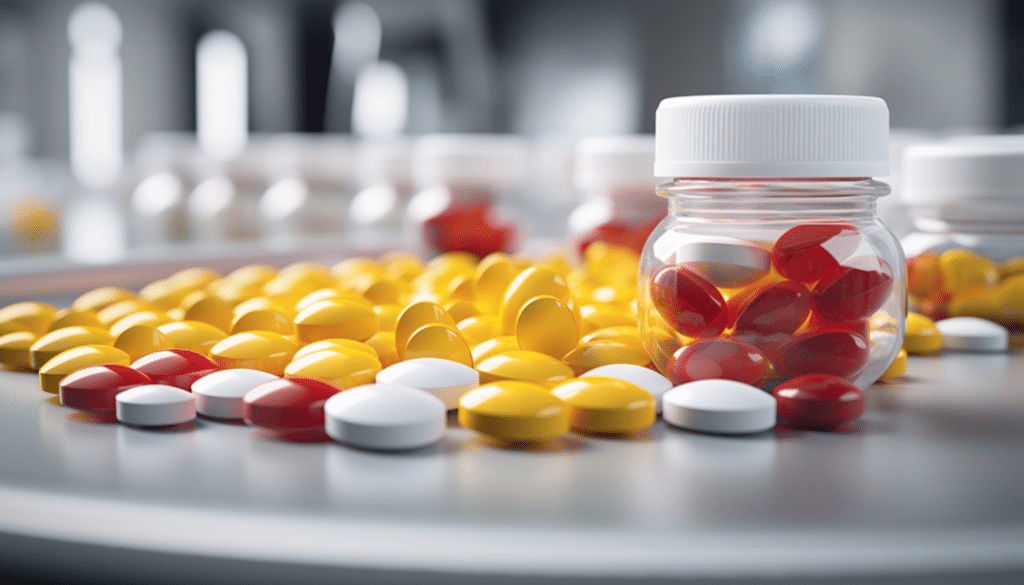
Prescription Medications
1. Pain Medications, Sedatives, and Sleeping Pills
Such as Demerol®, Percocet®, Vicodin® (for pain); Valium®, Ativan®, Klonopin® (for anxiety and epilepsy); Ambien®, Lunesta®, Prosom® (for sleeping)
Potential reactions to alcohol: drowsiness, dizziness, slowed or difficult breathing, impaired motor control, unusual behavior, and problems with your memory, according to the National Institute on Alcohol Abuse and Alcoholism (NIAAA). In rare instances, interactions can also lead to serious harm or even death. Lewis Nelson, M.D., professor of emergency medicine at NYU School of Medicine and NYU Langone Medical Center, also points out that with extended-release meds there are concerns about a reaction called “dumping of dose,” which means drinking alcohol may cause an entire day’s worth of medicine to be released into your system at once, greatly upping your risk of side effects.
2. Arthritis
Such as: Celebrex®, Naprosyn®, Voltaren®
Potential reactions with alcohol: ulcers, stomach bleeding, liver damage. Alcohol should be avoided if taking Celebrex, in particular, because the medication already causes a higher risk of cardiovascular side effects, such as heart attacks and strokes, and alcohol increases that risk.
3. Blood Clot Medications
Such as Coumadin®
Potential reactions with alcohol: Occasional drinking may lead to internal bleeding; heavier drinking may cause bleeding or may have the opposite effect, resulting in blood clots, stroke, or heart attack, according to the NIAAA. “The liver makes proteins that help the blood to clot, which is why even social drinkers need to be careful when taking Coumadin,” explains Amy Tiemeier, associate professor of pharmacy practice at St. Louis College of Pharmacy.
4. Antibiotics
Such as Zithromax® (often called Z-Paks), Flagyl®, Nizoral®
Potential reactions with alcohol: fast heartbeat; sudden changes in blood pressure; stomach pain; vomiting; headache; and liver damage (with Nizoral). While numerous antibiotics don’t interact dangerously with alcohol, some do. Alcohol also can make common unpleasant symptoms of antibiotics (upset stomach, dizziness, and so on) worse, as well as reduce your energy, so it takes longer to recover from whatever is making you sick, says the Mayo Clinic.
5. Diabetes Medications
Such as Glucotrol®, Glynase®, Micronase®, Diabinese®
Potential reactions with alcohol: Blood sugar levels fall to dangerously low levels; “flushing reaction” that involves nausea, vomiting, blood pressure issues, headaches, and a racing heartbeat. “These medications can actually block the breakdown of alcohol,” explains Nelson.
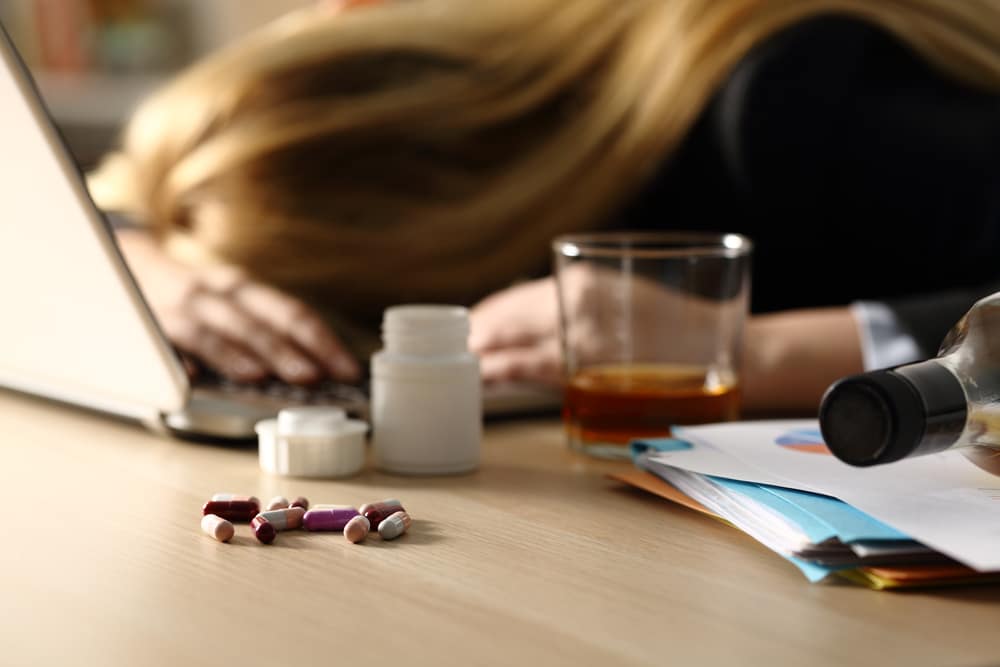
Over-the-Counter Meds
6. Non-prescription Pain Medications
Such as: Tylenol®, Advil®, Aleve®, Excedrin®, Motrin®
Potential reactions with alcohol: stomach upset, bleeding, and ulcers; liver damage (acetaminophen, like Tylenol, and Excedrin); a rapid heartbeat. “Tylenol at excessive doses can cause liver damage, and alcohol can make it cause that damage at lower levels,” says Rabia Atayee, associate clinical professor of pharmacy at UC San Diego Health. Also, many prescription meds, like Norco, contain acetaminophen, so it’s important to be mindful of taking them with alcohol. On the advice of an expert panel that reviewed new information about nonsteroidal anti-inflammatory drugs (NSAIDs) like ibuprofen and naproxen and their risks, the Food and Drug Administration in 2015 strengthened its warnings of heart attack and stroke risk increase even with short-term use, and warned the risk may begin within a few weeks of starting to take an NSAID. “Toxicities in both the heart and stomach lining can happen faster than we once thought,” says Atayee.
7. Allergy and Cold & Flu Medications
Such as Benadryl®, Claritin®, Claritin-D®, Dimetapp®, Zyrtec®, Sudafed Sinus and Allergy®, Tylenol Allergy Sinus®, Tylenol Cold & Flu®
Potential reactions with alcohol: increased drowsiness, dizziness, and liver damage from drugs containing acetaminophen. Another caveat: Many popular cold, flu, and allergy remedies contain more than one ingredient that can react with alcohol. The NIAAA recommends reading the label on the medication bottle to find out exactly what ingredients a medicine contains, and asking your pharmacist if you have any questions about how alcohol might interact with a drug you are taking.
8. Cough Syrup
Such as Robitussin Cough®, Robitussin A-C®
Potential reactions with alcohol: Drowsiness or dizziness. Remember that certain cough medicines contain up to 10 percent alcohol, according to the NIAAA, so imbibing, in addition, could greatly increase those side effects. “Patients who combine the two should never drive or operate heavy machinery afterward,” says Tiemeier. What’s more, if you’re taking a prescription cough syrup with codeine, it could result in double the trouble because the codeine (a narcotic) and the alcohol have many of the same effects on the brain.
Disclaimer*
The information in this article is provided for general knowledge only and should not be considered medical advice. For specific medical concerns, medication interactions, or questions about alcohol consumption, consult your physician or healthcare professional. Serving Alcohol does not assume responsibility for any consequences resulting from the use of medications and alcohol. Individual circumstances may vary.

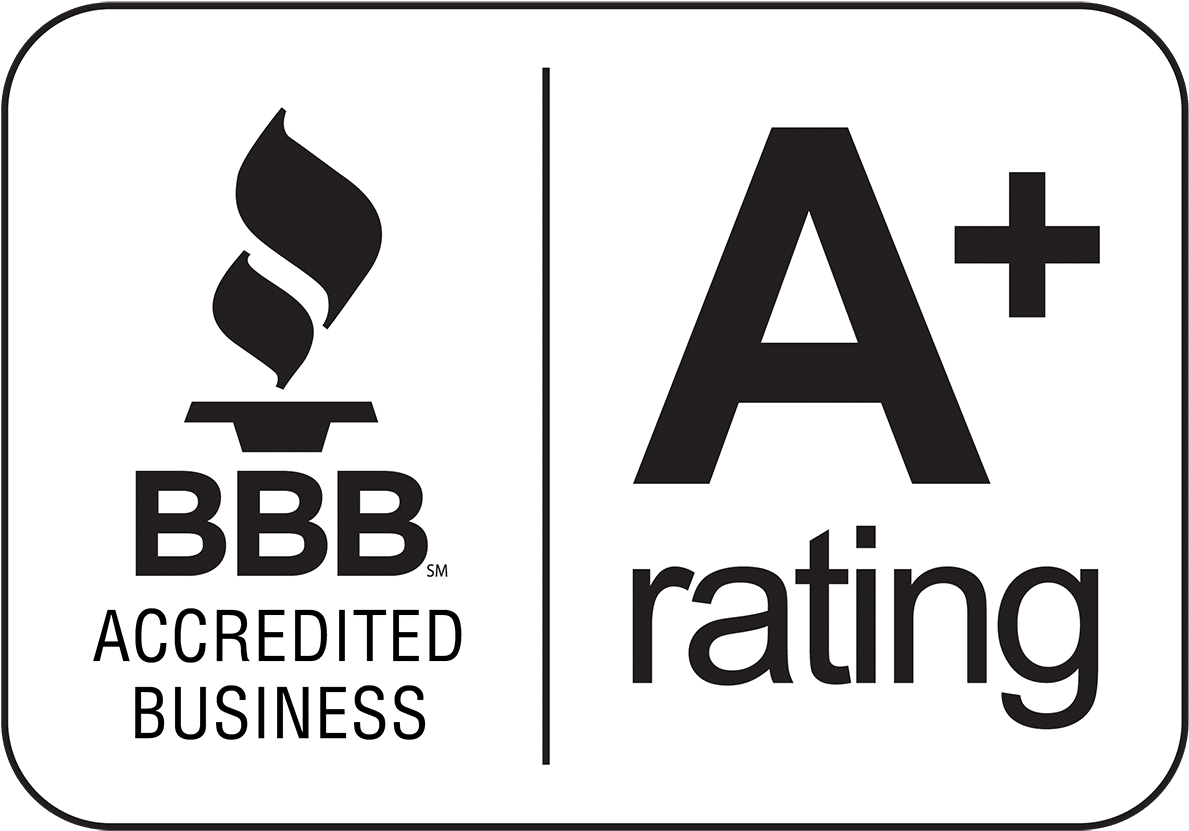
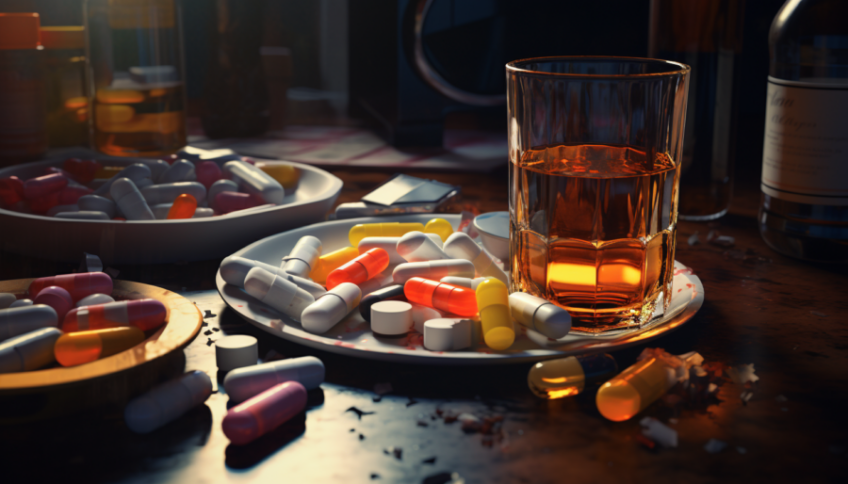




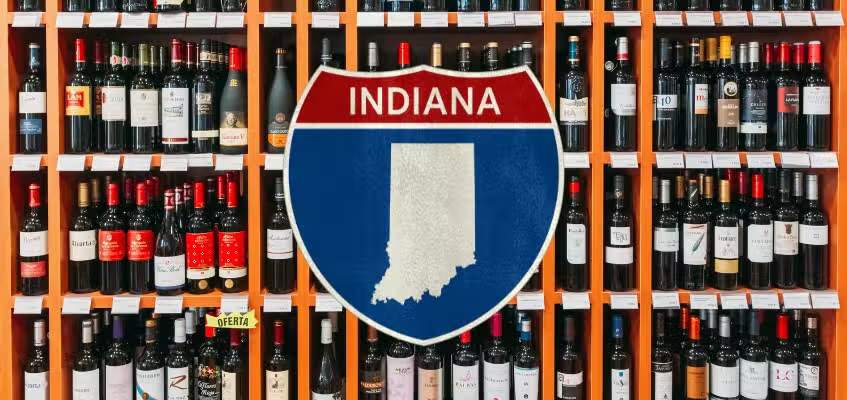
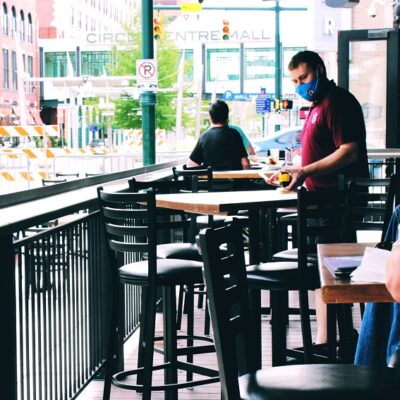


Leave a Reply
You must be logged in to post a comment.